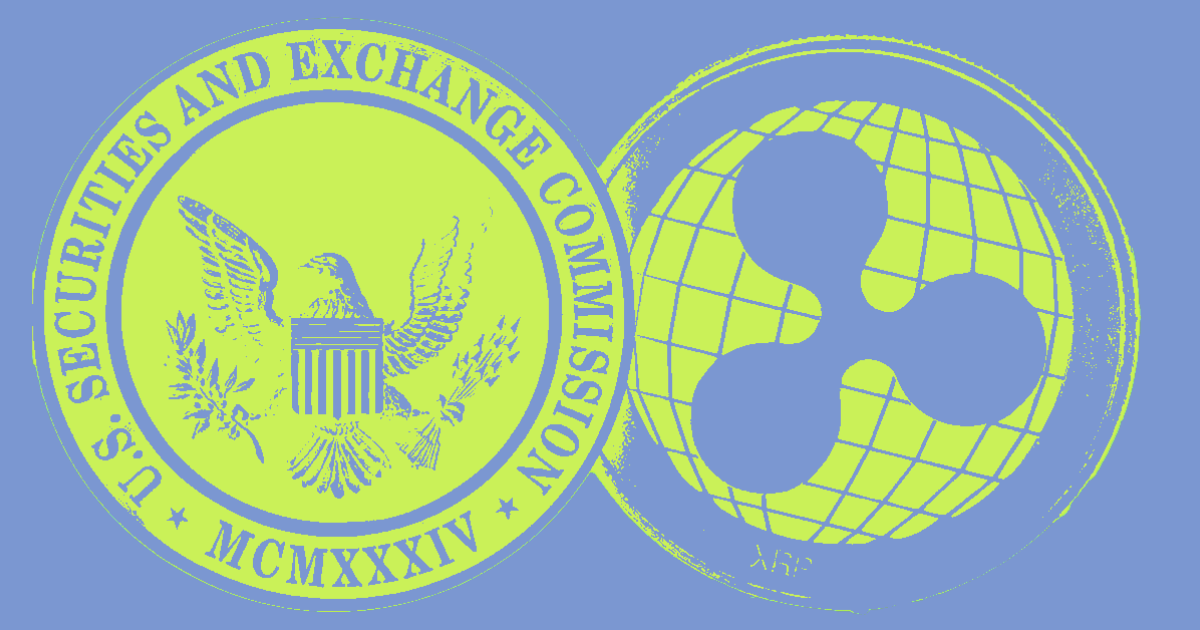Ripple vs SEC is moving in circles with no end in sight, Legal expert Fred Rispoli has explained that Ripple’s appeal in the SEC case will focus heavily on paperwork, not new evidence or a trial. Each side will file written briefs—an opening statement, an opposition, and a reply. After these are filed, they’ll present oral arguments, likely in September or October 2025, which should give some hints about the judge’s views on the case. Meanwhile, the SEC has requested more time to submit its main brief, pushing the deadline to January 15, 2025, which Rispoli believes is due to the agency’s tight resources and high workload.
What’s the new speculation all about let’s understand the insights of the case.
The Importance of Amicus Briefs in Ripple’s Appeal
A key component in Ripple’s appeal could be the amicus briefs, documents submitted by third parties to provide insights or context. These briefs have grown increasingly influential in crypto-related cases, with 14 amicus briefs filed in Ripple’s case alone, underscoring the widespread interest in this legal battle. Rispoli believes that the appellate court might take these third-party inputs seriously, as they offer diverse perspectives and reinforce arguments essential to Ripple’s defense.
A Changing SEC and Implications for Ripple’s Case
Rispoli also speculated that SEC Chair Gary Gensler might leave his position soon, regardless of the political outcome of the 2024 elections. A shift in leadership at the SEC could impact the agency’s stance on crypto regulation, offering Ripple a more favorable climate. Additionally, Rispoli noted that if Congress enacts crypto-specific legislation by January 2025, Ripple could leverage this to its advantage, requesting the court to consider new laws as a “supplemental authority” relevant to their appeal. This would alter the SEC’s approach and open new avenues for Ripple’s legal strategy.
In short, Ripple’s fate rests on meticulous documentation, the persuasive power of amicus briefs, and possibly shifting political tides that could reshape crypto regulations altogether.
Credit: Source link

























